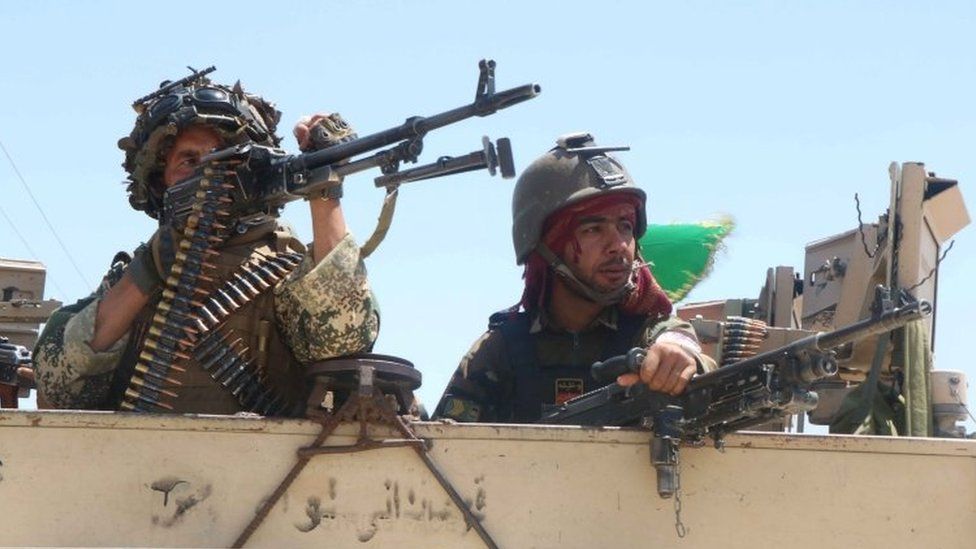KABUL – The Afghan government has lost control of nine cities – more than a quarter of Afghanistan’s provincial capitals – to the Taliban in less than one week.
Violence continues to escalate in a power struggle between the government and the Islamist group ahead of the United States’ withdrawal from the region.
The Taliban’s swift victories in the cities, including the key city of Kunduz, have dealt a devastating blow to efforts by President Ashraf Ghani’s government and its allies against the Taliban. The US has spent billions of dollars on what has been considered the country’s longest war.
The group captured nine provincial capitals in Afghanistan since Friday, including Faizabad, Farah, Pul-e-Khumri, Sar-e-Pul, Sheberghan, Aybak, Kunduz, Taluqan and Zaranj.
Whilst negotiations and peace talks have stalled, the number of casualties has risen and hundreds of thousands of Afghans have been displaced.
According to the United Nations Children’s Emergency Fund (UNICEF), at least 27 children have been killed and 136 injured in the latest wave of violence. Most of these casualties occurred in the Kandahar province.
Taj Ayubi, a senior member of the Peace Mediation Team, says the deadlock in peace talks “cannot be overcome unless the two sides are ready to sacrifice their narrow interests.”
He added that the deadlock has placed the lives of Afghans in jeopardy. “This has put the lives of millions of citizens in serious jeopardy. This must stop now,” he wrote in a piece published by Al Jazeera.
Meanwhile, Professor Waheedullah Hashimi, an assistant professor at Kabul Education University, believes that the Taliban will stabilise the country, should they regain complete control of the country.
The group held power over roughly three-quarters of Afghanistan for a period of five years – between 1996 and 2001 – during which, he claims, they led Afghanistan with “no problems in the country”.
However, Ayubi pointed out that “the government and the Taliban share a sense of indifference to the life, property and wellbeing of civilians.”
He warned that a continuation of war will be detrimental for the impoverished nation. “Without a political solution, peace-building, and reconciliation, the country will continue to suffer from economic underdevelopment, dysfunctional political infrastructure, factionalism, lawlessness, and rampant corruption,” he wrote.
Listen to the full interview here:
